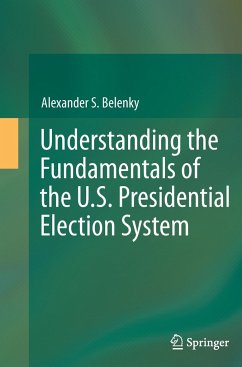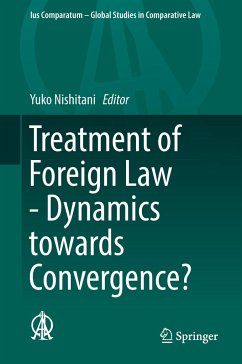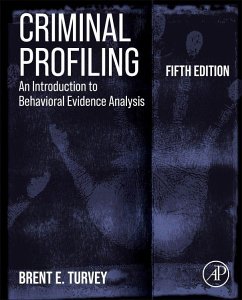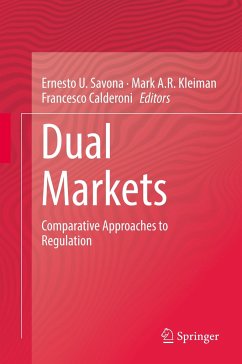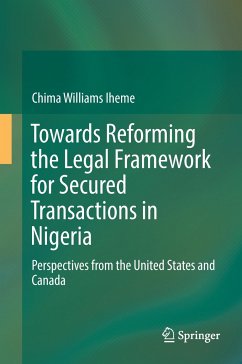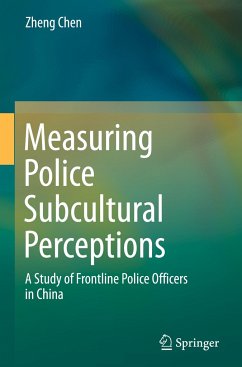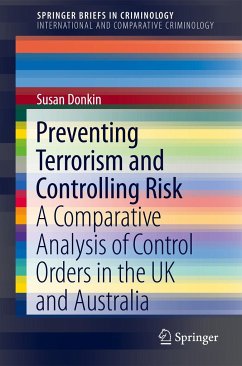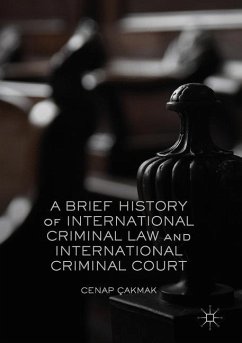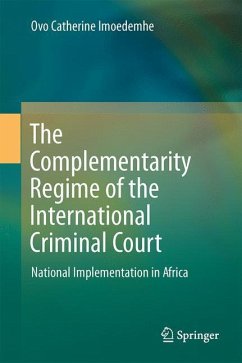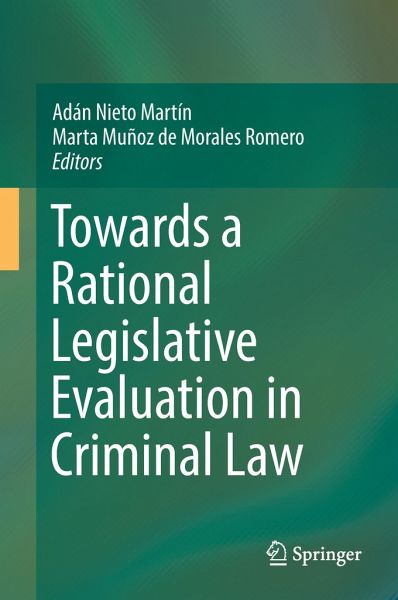
Towards a Rational Legislative Evaluation in Criminal Law

PAYBACK Punkte
38 °P sammeln!
This book launches a debate on the need to evaluate criminal policies and, what is more complex and ambitious, to develop an evaluation method. The contributions address topics such as the general methodology for evaluating public policy, preparing criminal statistics, and analyzing costs, cost-effectiveness and cost benefits. Additionally, the work explores the state of affairs in various countries including Spain, Sweden, USA, Germany and in the EU. It also examines issues such as the relationship between legislative evaluation and criminal principles and the constitutional courts' control o...
This book launches a debate on the need to evaluate criminal policies and, what is more complex and ambitious, to develop an evaluation method. The contributions address topics such as the general methodology for evaluating public policy, preparing criminal statistics, and analyzing costs, cost-effectiveness and cost benefits. Additionally, the work explores the state of affairs in various countries including Spain, Sweden, USA, Germany and in the EU. It also examines issues such as the relationship between legislative evaluation and criminal principles and the constitutional courts' control over criminal acts.



